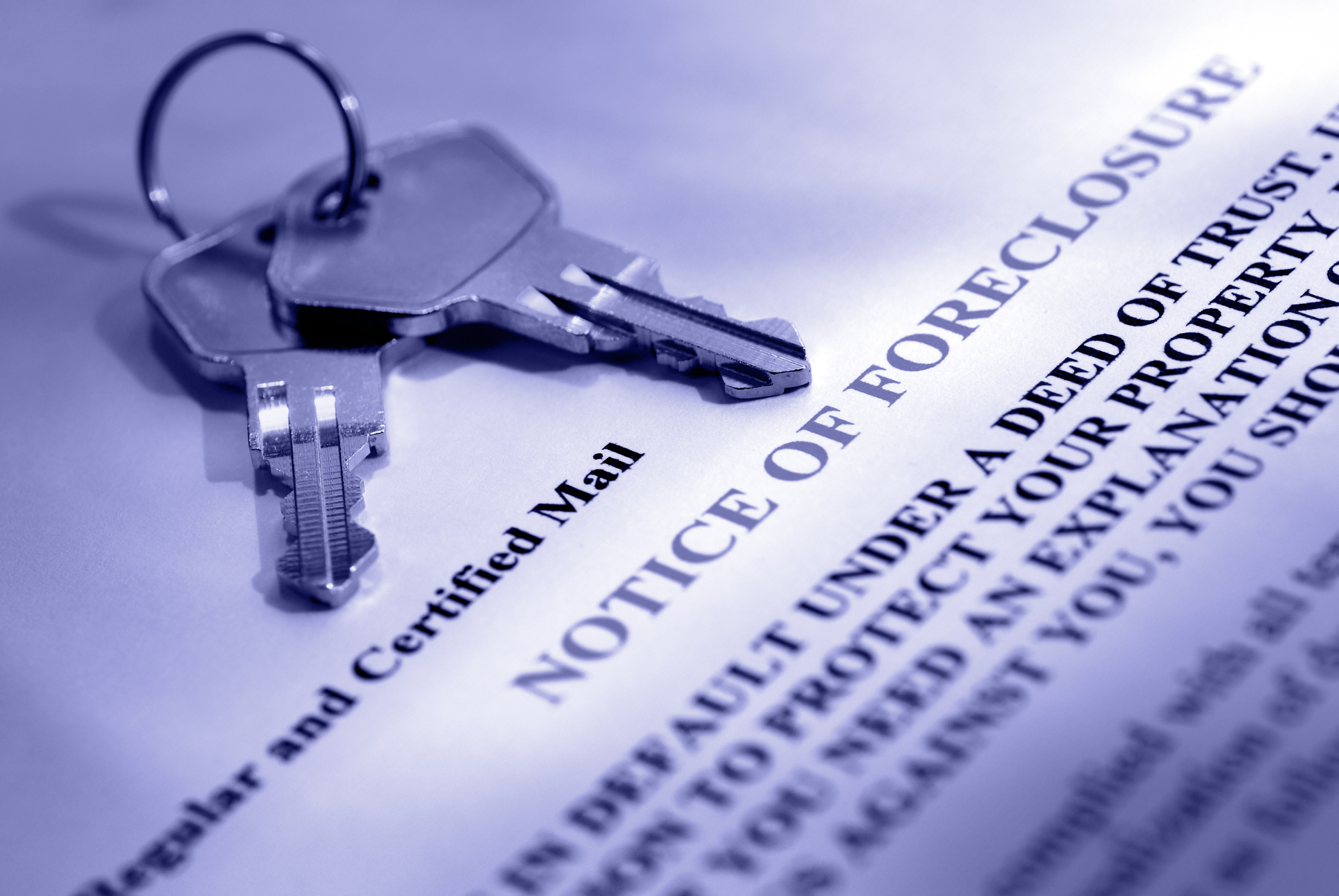
Anti-deficiency provisions and the one-action rule are designed to protect borrowers who have defaulted on obligations secured by real property. These rules restrict the remedies for recovery that a lender might resort to when a borrower cannot satisfy his loan obligations.
Foreclosures on real property can be executed through judicial and non-judicial processes. A lender can pursue judicial foreclosure by filing an action in court and securing judicial management of the foreclosure sale. If the foreclosure sale price is insufficient to satisfy the debt owed to the lender, then the lender is entitled to seek a deficiency judgment. In addition to the outstanding cost of the property, the lender can also recover legal expenses and costs in a judicial foreclosure.
The one action rule requires that the lender request a deficiency judgment in the same action as the judicial foreclosure proceeding. If the lender fails to do so, it relinquishes the right to recoup the deficiency. In addition, the one action rule provides that the lender must foreclose the property prior to seeking a judgment on the debt. If the lender sues to recover the debt before initiating foreclosure proceedings in violation of the rule, then the borrower has several remedies at his disposal.
In a non-judicial foreclosure, there is no judicial oversight. The process requires a notice filing of default in the county in which the property is located followed by the sale of the property at a public auction. Non-judicial foreclosures are comparatively simple, expeditious and less expensive than judicial foreclosures. However, the primary drawback of a non-judicial foreclosure is that California’s anti-deficiency provisions preclude the lender from recovering the deficiency amount if the foreclosure sale falls short of satisfying the obligation. Thus, a non-judicial foreclosure does not permit the lender to recoup an amount in excess of the sale price of the property at foreclosure.
Contact Shane Coons at 949-333-0900 or visit www.ShaneCoonsLaw.com to learn more about his practice and the services he offers to clients.
